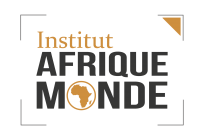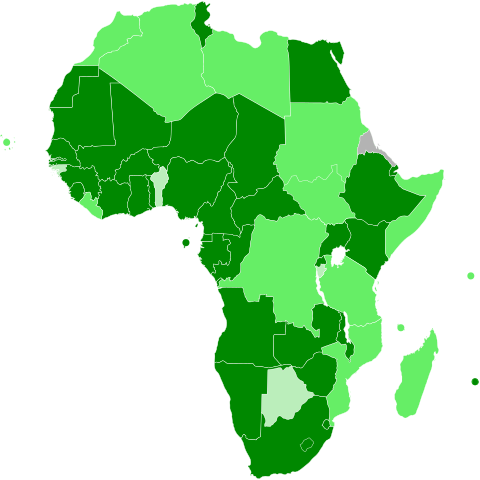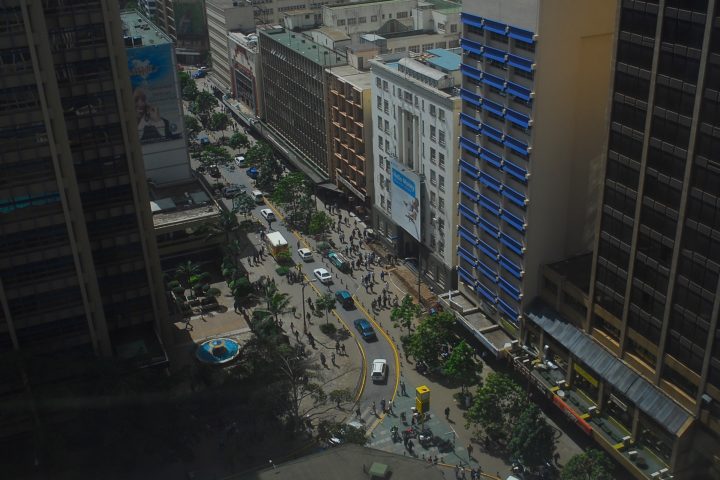RICHARD FILAKOTA, Rector of the Catholic University of Central Africa
Professor at the Catholic University of Central Africa (Catholic Institute of Yaoundé). He is a specialist in religious facts (new religious movements, Islamism, religious fundamentalism, neopaganism, religious syncretism, etc.) and has published a book on Islamic renewal in Black Africa: the case of the Central African Republic (Le Harmattan 2009), followed by more than a dozen articles in collective works and scientific journals.
In our changing world, which is becoming increasingly globalized and even digitalized, territorial disputes between political and religious forces, nationalist tensions and religious passions have multiplied and intensified in recent decades. This article is intended as a socio-political approach to the problem of insecurity from northern Nigeria to northern Cameroon in recent years. Our analysis focuses more on the national and sub-regional mobilizations of dominant groups around the issue of cross-border insecurity and the resistance of dominated groups through the use of force, pressure and even asymmetric warfare. In this dominant/dominated dialectic, where a conventional and non-conventional balance of power prevails, through which legitimate state violence dominates, according to Max Weber, and religiously legitimized violence by the dominated, the former organize themselves to safeguard their legitimacy and maintain their power, while the latter, driven by their religious faith, aspire to socio-cultural and even political change. At the heart of the insecurity prevailing in northern Nigeria and extending as far as northern Cameroon, we are undoubtedly witnessing a war that is both asymmetrical and conventional, with contradictory rationales and geopolitical and socio-cultural issues at stake.
Download the Note.



